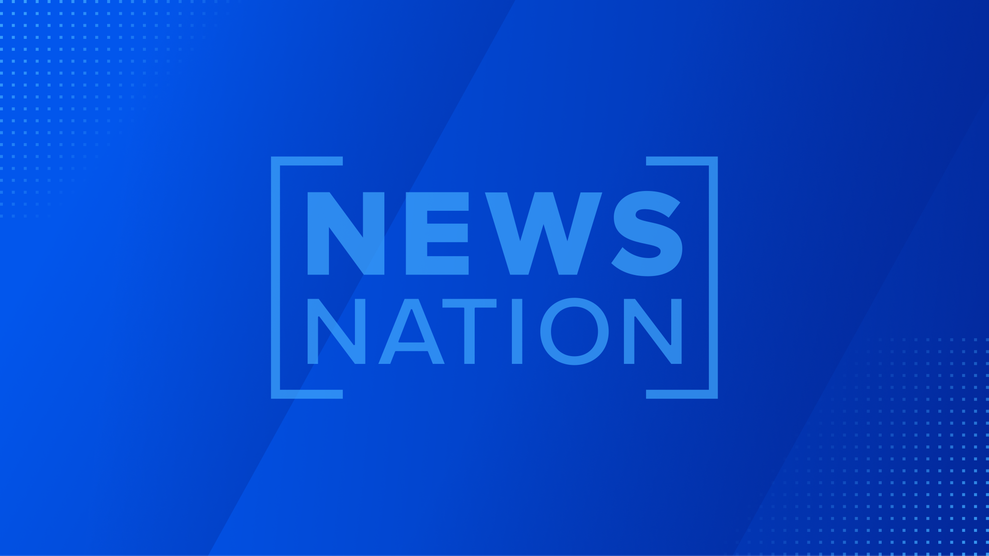(NewsNation) — A judge has ordered Tesla CEO Elon Musk to testify under oath about statements he made regarding self-driving safety after Tesla’s lawyers claimed they could be deepfakes.
Tesla is facing a lawsuit from the family of Walter Huang, who died in a car crash in 2018. Huang’s family argues Tesla’s partially automated driving software failed. The carmaker contends Huang was playing a videogame on his phone before the crash and disregarded vehicle warnings.
The statements in question include Musk saying that self-driving features in certain Tesla models “can drive autonomously with greater safety than a person. Right now.”
In court, Tesla’s lawyers argued Musk is frequently the subject of deepfakes, which are video, images or audio of someone created by artificial intelligence. Deepfakes can show a person doing or saying things they’ve never done. As technology improves, deepfakes have become increasingly convincing.
Judge Evette Pennypacker tentatively ordered a limited, three-hour deposition where Musk could be asked whether he actually made the statements on the recordings, and called Tesla’s arguments “deeply troubling.”
“Their position is that because Mr. Musk is famous and might be more of a target for deep fakes, his public statements are immune,” Pennypacker wrote, adding that such arguments would allow Musk and other famous people “to avoid taking ownership of what they did actually say and do.”
The suit is set to go to trial on July 31, and it is the second case involving Tesla’s self-driving capabilities. In the first lawsuit regarding Tesla’s autopilot program, a judge found the partially automated driving software did not fail.
Reuters contributed to this story.





